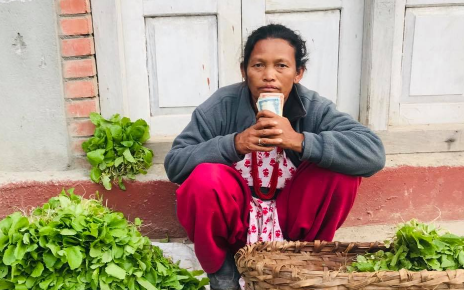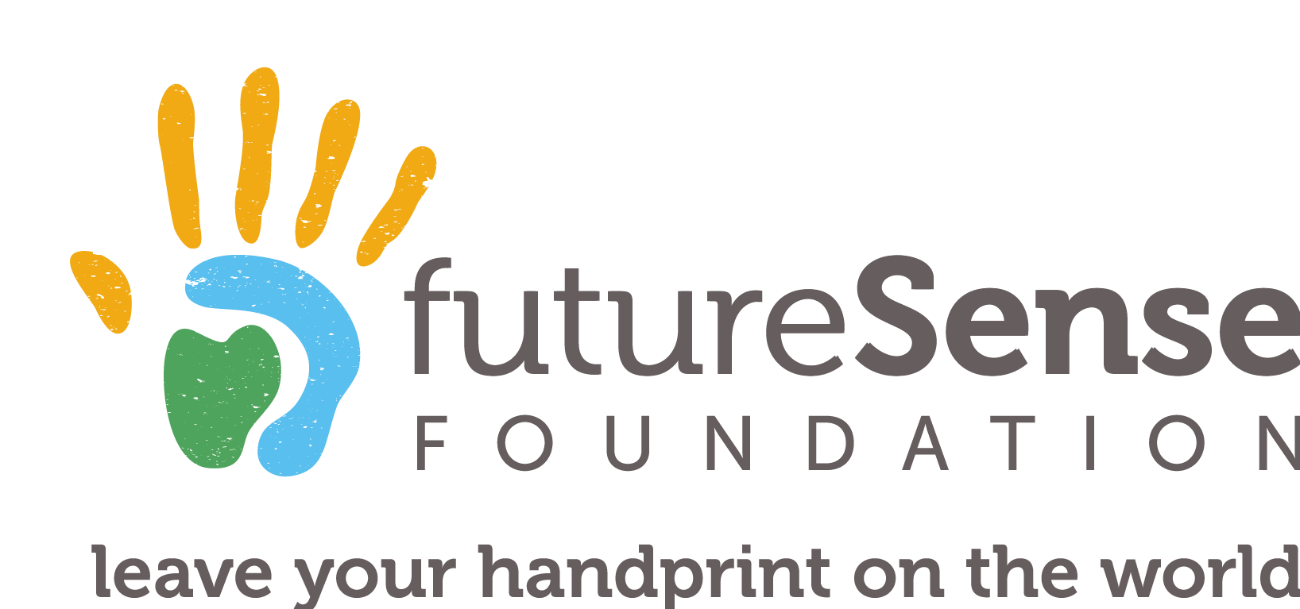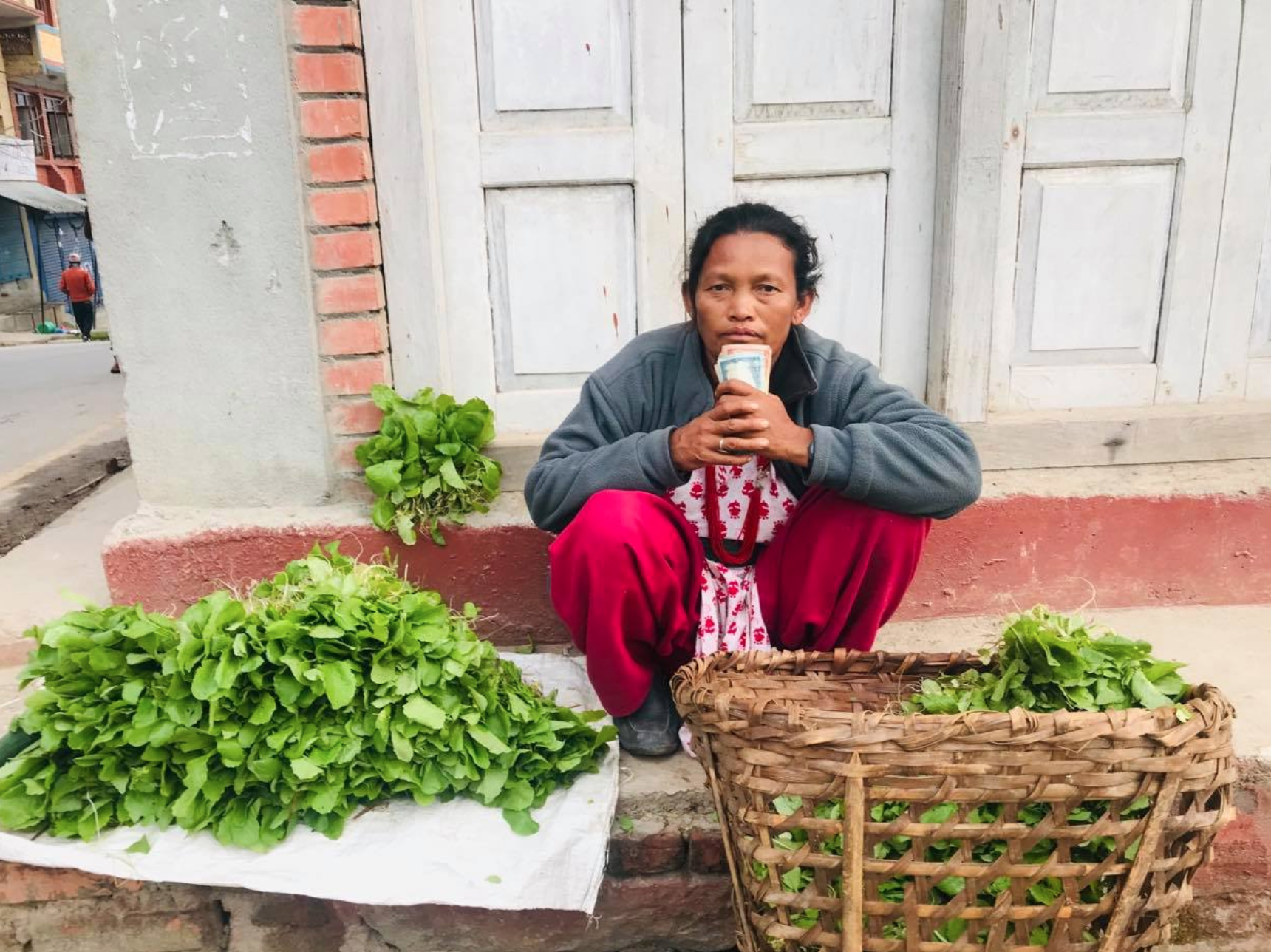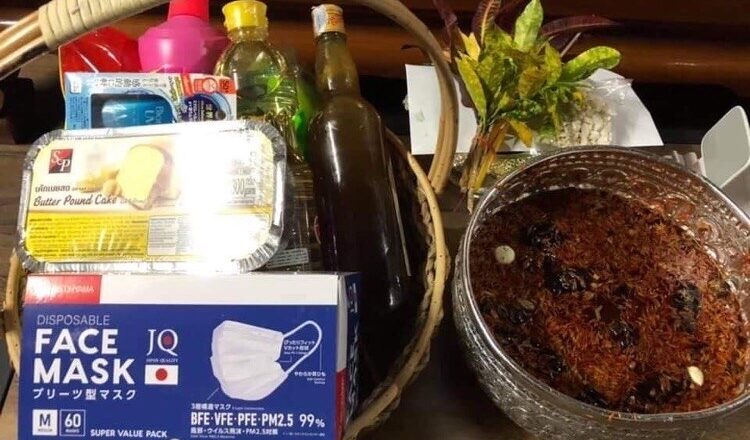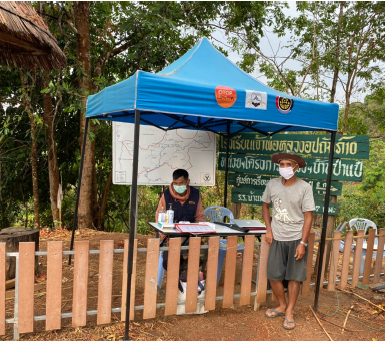Written by our Nepal Team
Dilemma in education during the pandemic, written by Om Baral.
Aayush, a sixth grade student who is my neighbour, has not been to school for six months. I often see him playing with his friends near his home, helping his mom and riding a bicycle with his friend. He is unaware of what has been going on around his area and why his school has been closed for so long. It felt like a long holiday season for him. I could easily trace happiness on his face in the beginning of April when the government had imposed countrywide lockdown. I believe, first few weeks were fun for him because he was free from going to school and doing assignments on time.
Then came May- June- July and August, still there was no sign of school’s reopening and COVID-19 subsiding. The local government announced to run virtual classes through television, local FM radio, whatsapp and what not. Initially, teachers were engaging him, with basic stories and information of how to use whatsapp and attend the class but it was much more interesting than attending classes at school. However, it could not last long and Aayush could hardly sit before FM radio or use his dad’s mobile phone for whatsapp classes which he felt were boring and monotonous.
Many students in Nepal are doing what Aayush is doing for those who have access to at least a FM radio, television or mobile phones. However, it is always not true for all the students who are living in the countryside and remote areas. In reality, millions of students in Nepal especially from the government schools in the countryside may even not have heard about the virtual classes. These students might have forgotten their daily activity to go to school and gradually settled in a ‘no school’ environment. There are now uncertainties and fears over whether this academic year might just disappear into the haze of COVID-19.
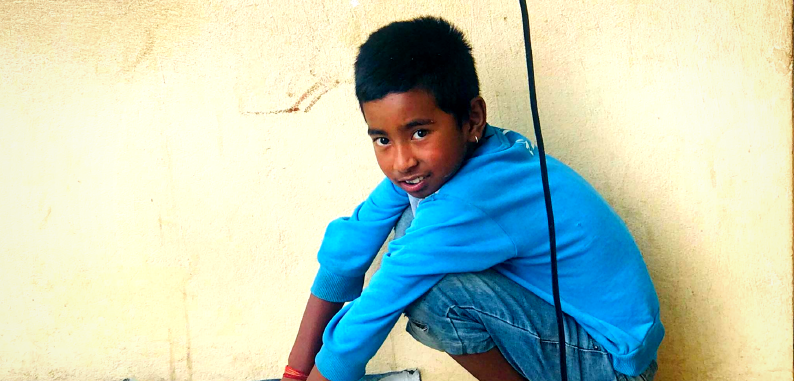
Partner schools in Dhulikel.
Schools in Dhulikhel reopened a week ago and are closed now. Two students in one of the schools have tested positive for COVID-19 in Dhulikhel. Parents are reluctant to send their kids to schools after that. The principal of Shwet Ganesh Primary School, Mr Endra Manandhar says, “We are looking forward to reopening school after the festival which is coming near”. He further says, “Our partner schools in Dhulikhel opened its gates to the students by following the guidelines of COVID-19″. In the first few days, around 30% of students attended the class.
Similarly, the primary coordinator of Purna Sanjeevani School, Mr Sujan Shrestha, says that all the schools in the area are closed again after a week, following the increasing number of infected cases in Dhulikhel. According to him, the schools are not likely open before the Dashain festival which is going to begin by the end of November.
Students in Dhulikhel were so excited to go to school. Sushmita,12, shares that she was tired of living at home for a long time and was happy to go to school. She met her friends and got her homework. However, the situation was not like before as she could not play with her friends together. She had to maintain the distance in class and wash her hands frequently. Now, she is sad because her school decided to close again but is hopeful that the classes will begin after the festival.
FSF Nepal are working hard to support the students in order to address the educational gap faced by children during the lockdown. For this, the team has prepared worksheets for health education. Moreover, the FSF staff are planning to deliver the sessions on education and life skills activities as soon as the schools get back to normal.
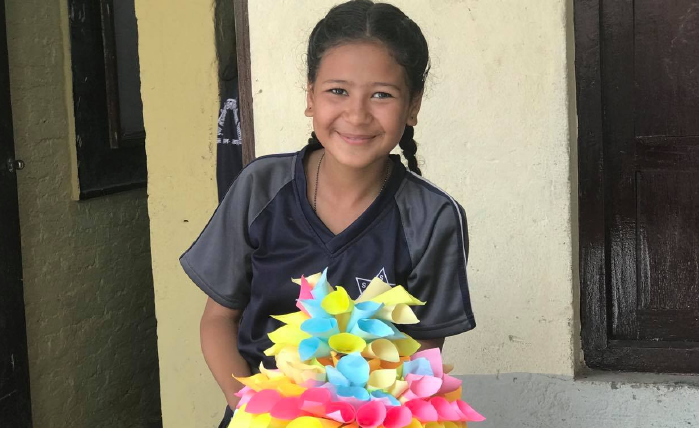
COVID-19 teaching modalities.
After all, the government of Nepal has issued a directive making the local government responsible for managing teaching learning activities at school level by using different modalities of teaching. This has given full authority to the local government to decide whether to reopen schools, to authenticate online and distance learning into the mainstream curriculum and to minimise the course contents depending on the situation of the high risk, low risk and no risk of COVID-19. For this, the curriculum has formally been reduced from the prescribed study hours by 30% with an aim to wrap up the current academic session by April 2021.
The UNESCO formulate the course reduction on the basis of integration- merging similar contents, clusterization- teaching the contents of the same genre simultaneously and prioritization- prioritize the important contents. Similarly, the Curriculum Adjustment Framework (CAF) has come up with five teaching modalities- face-to-face in small groups, through FM radio, through television, online study and off-line study.
What a vegetable seller says in Dhulikel.
Last week, we spoke with a vegetable seller in the corner of Dhulikhel bazaar. For weeks, continuous rain has caused much damage to crops and vegetables in the hilly region in Nepal. The excessive accumulation of water in the fields has damaged the crops. As a result, the prices of vegetables have soared in Dhulikhel this month. The woman who sells vegetables says, “I had grown plenty of vegetables during lockdown but I sold vegetables at a very low price and did not want them to rot. Now, the prices have soared up but I don’t have plenty of vegetables to sell because the heavy and continuous rain has damaged all my crops”.
